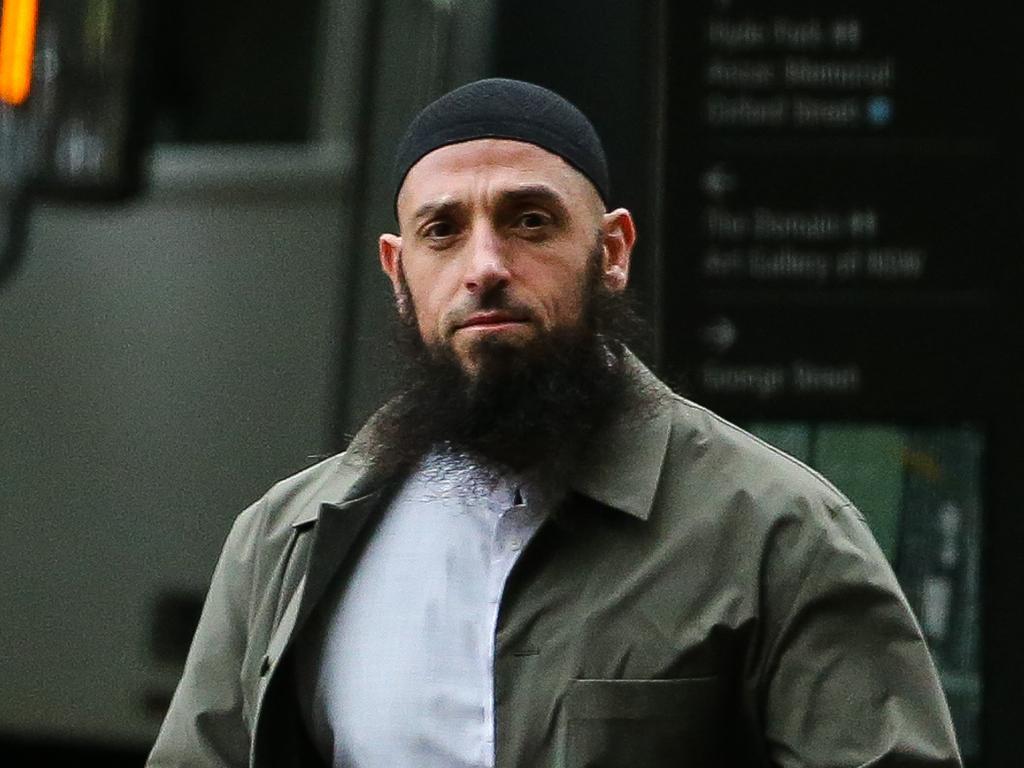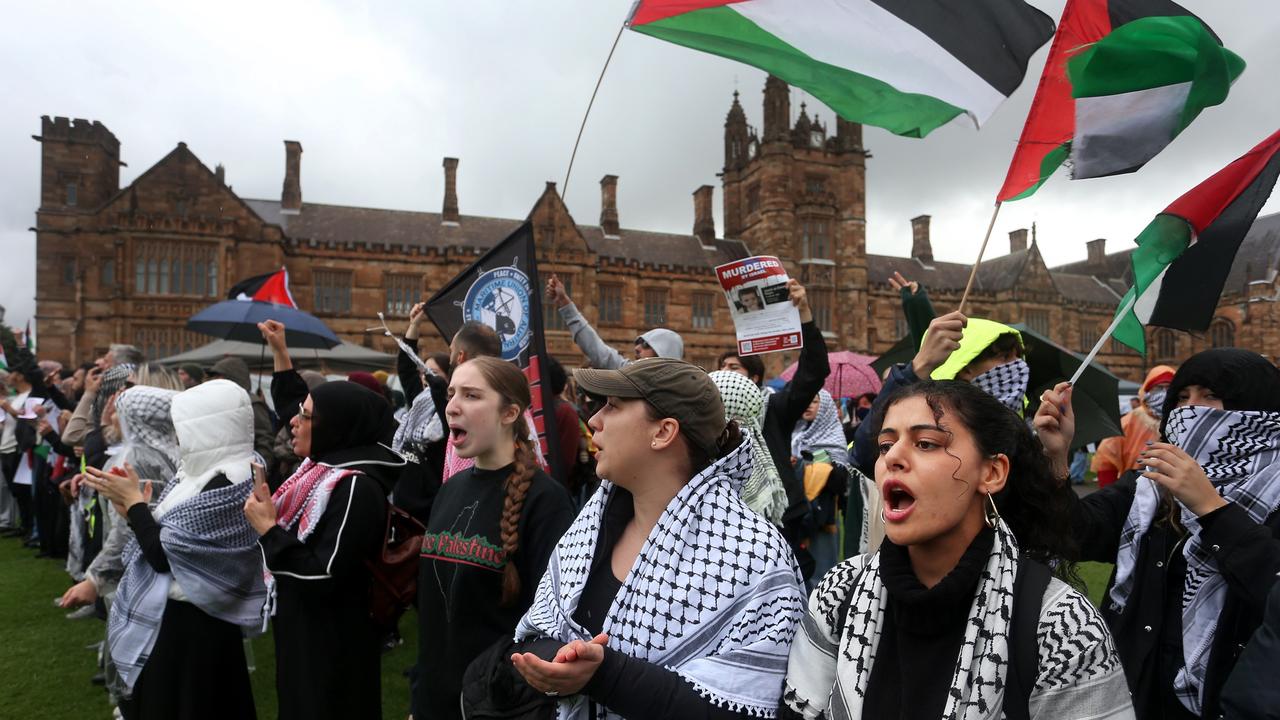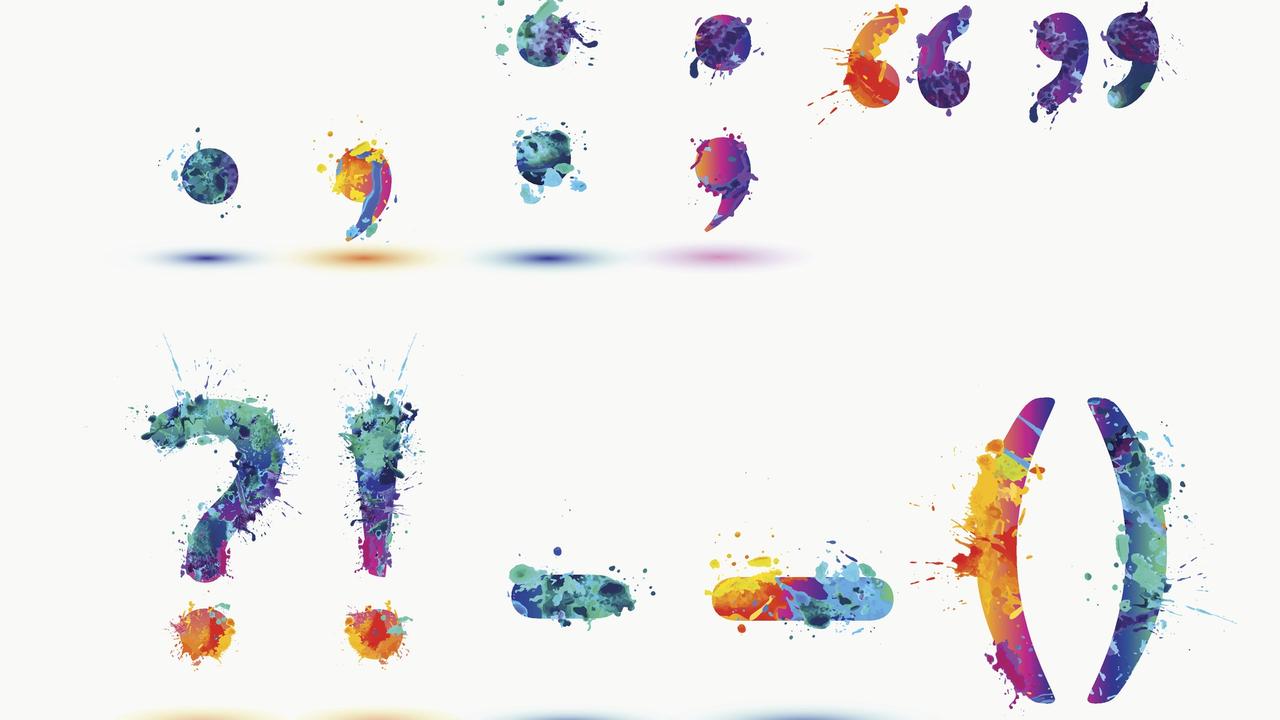Man Haron Monis terrorised the Lindt Cafe, now authorities must watch Wissam Haddad
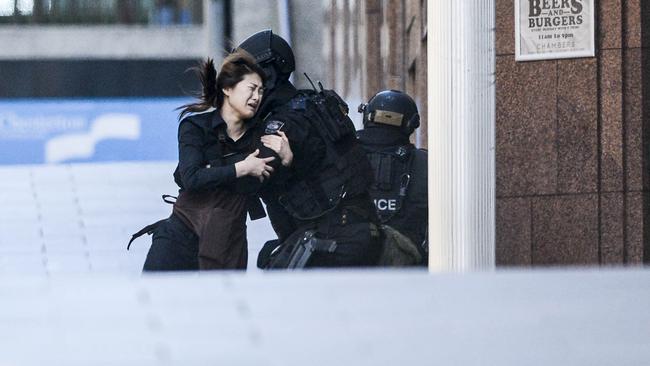
Five years before Man Haron Monis terrorised the Lindt Cafe in Sydney’s Martin Place – holding 10 people hostage, murdering one and causing the death of another – I wrote an article warning of this man’s danger to the public.
His lawyer had already threatened me with a writ when I referred to him as a “renegade sheik” on my ABC Radio National program. But it was his homemade Islamist Jihad recruitment DVD, featuring his girlfriend in a full burka, that caught my attention.
He was also known to be sending poison-pen letters to the family of Gregory Michael Sher, a Jewish Australian soldier killed in Afghanistan.
In that initial article I called on the Islamic community leaders to “rein him in”, close him down, in whatever way they legally could, because, as I predicted, he would become a danger not only to the wider community but also to the Muslim community he claimed to represent.
Monis already was known to the passers-by of NSW Parliament House in Macquarie Street, where he ostentatiously chained himself to the fence, falsely claiming to be a deserving refugee from Iran, when in fact he was a runaway business bankrupt.
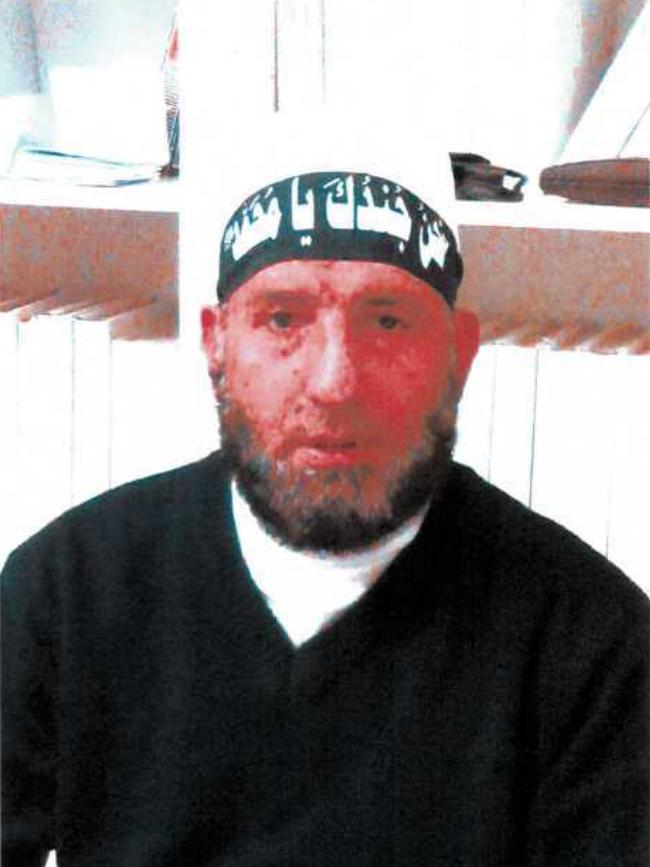
In my opinion Wissam Haddad, also known as Abu Ousayd, poses a similar threat to the wider community, and similarly to the Muslim community, if the charge of inciting violence is an accurate description of his preaching activities, now the subject of a court case brought by Executive Council of Australian Jewry co-chief executive Peter Wertheim and deputy president Robert Goot.
Although the Muslim leaders so far have wisely refused to come to Haddad’s defence, their silence is not likely to be an effective deterrent for a man who already has indoctrinated young men into a jihadist mindset.
Specifically, referring to Haddad’s public sermons describing Jews as “vile people”, “treacherous people”, “rats” and “bloodthirsty monsters”, and referring to Koranic verses that call on the faithful to kill Jews, while posting videos celebrating the October 7 attack, the ECAJ’s case against him is clearly of inciting violence against Jews.
Given his vitriol, it is no surprise that we have seen a continuing campaign of anti-Israel marches that are rife with anti-Semitic slogans calling for the death of Jews and Nazi slurs.
Haddad’s claim that he is a victim of religious vilification for citing the Koranic verses that call for killing of Jews would seem like a clever move.
But it is entirely out of step with the modern religious world we now inhabit in the West, where the dubious and violent verses from our ancient scriptures are willingly “retired” in recognition of their historic anachronism or the danger they pose to the ideal of a harmonious multi-religious society.
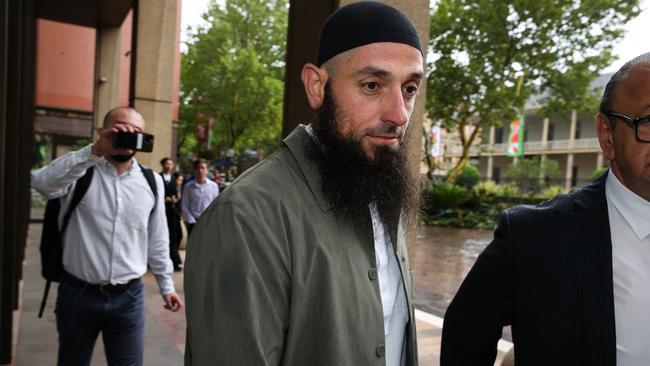
The history of Christian anti-Semitism, for example, which has been acknowledged by the church in the modern era, also has been largely overturned, signalled in official documents, such as Nostra Aetate, demonstrated in liturgical reform and in historical scholarship, as well as pursued in profound interfaith co-operation and mutual support.
All these developments stem from an understanding that our traditions, particularly the Jewish and Christian traditions, are bound by a common foundation and must be answerable to the democratic societies we now inhabit, where every citizen is called to uphold our common values and shared destiny.
The trouble with rogue Islamists in Australia, such as Haddad, is that they have no loyalty to the democratic ideal that is the foundation of our Western society.
On the contrary, Haddad is a radical Islamist who is loyal to the “global intifada” that wishes to replace Western civilisation with an Islamic caliphate, and he is willing to serve as its spokesman as he recruits young Australian men to his cause.
Of course, the worldwide caliphate is not just his cause but he shares it with his Australian friends, Islamic State jihadis Khaled Sharrouf and Mohamed Elomar, as well as his “dear brother” Anjem Choudary, the British-based Islamist extremist currently serving life in prison for his terrorist activities. This is in stark contrast to Haddad’s disdain for fellow Australian Sheik Ahmed Zoud, who apologised to the Jewish community for the violent anti-Jewish verses in the Koran.

In other words, Haddad is not ever going to be a conciliatory figure in the multi-religious society that is today’s Australia. In fact, he is bound to do everything he can to work against it.
It is unfortunate, yet entirely correct, that it is the Jewish community that must take legal action against Haddad, being the target of his vitriolic sermons.
But would it not have been so much more encouraging if the Muslim community itself came out forcefully against Haddad, shutting him down and sending a clear message to him and to all Australians that their religion and their communities will not be used for hateful, subversive and treasonous causes?
In so doing, they might also prevent another terrorist tragedy in Australia such as Monis’s siege of the Lindt Cafe.
Rachael Kohn is an award-winning producer and broadcaster. She was presenter of The Spirit of Things and The Ark on ABC Radio National and is the author of four books.

